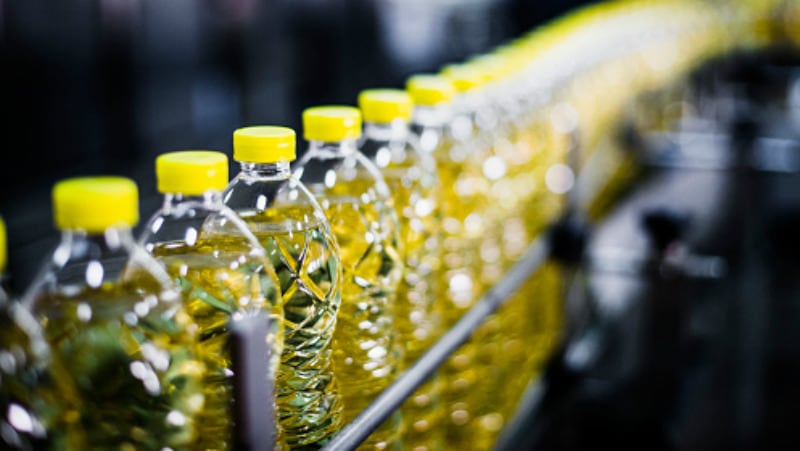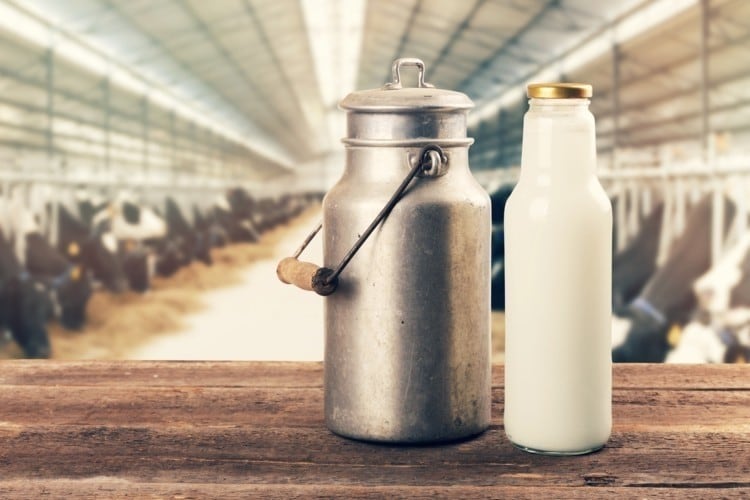Thus far, food product exports in India have not been listed under the purview of any domestic agency or the FSS Act.
According to statistics from the Agricultural and Processed Food Products Export Development Authority (APEDA), the value of US$18.6bn (INR11.9mn) in the FY2017-2018 timeframe from US$16.2bn (INR10.8mn) in FY2016-2017.
As of June 24, this has already hit US$18.7bn (INR13mn) for the FY2018-2019 timeframe.
According to the Economic Times, this was part of an FSSAI proposal that has been sent to the Ministry of Health and Family Welfare, as revealed by an anonymous FSSAI senior official.
Another major item in the proposal was for accountability in the case of food-related offences to be redefined.
“In case of a labelling error, only the manufacturer will be held liable, unlike now wherein the retailer and the transporter are also held accountable,” said the FSSAI official.
FSSAI also intends to bring animal feed under its control, in the interest of increasing overall food safety and quality. The related animal types include cattle, poultry, fish and shrimp.
“During a survey on milk varieties available in market, we found 9.9% of the samples unsafe, [and a] majority of them were failing in aflatoxin which is due to animal feed. Unless we have feed control, we can’t control milk quality,” the FSSAI official said.
Other food-related regulatory issues discussed in the proposal were the simplification of the process for food service businesses to obtain licenses, to relax license regulations for direct marketing agencies and e-commerce companies, and to remove the annual food company license renewal process.
Annual licence renewal was said to see ‘massive delays’ due to a ‘staff crunch at FSSAI’, hence the agency has suggested that food businesses make ‘annual declarations, with annual fees’ instead.
Tightening grip on imports as well
In addition, the FSSAI has also requested input from ‘all stakeholders’ via an official notice with regard to a separate proposal to designate specific food import entry points in the country.
At present, the agency has Authorised Officers at 416 locations throughout the country to ‘regulate [the] import of food items’, but it now wants to tighten control over food imports by designating 132 ‘Point of Entries’ for food items.
“In order to put in place a robust food regulatory framework [to] prevent the entry of sub-standard/unsafe food into the country, it is proposed to notify 132 Point of Entries [covering] seaports, airports, Inland Container Depots (ICDs), Land Customs Stations (LCSs) and Special Economic Zones (SEZs) as food import entry points,” said FSSAI Director (Imports) Suneeti Toteja.
“All efforts have been made to cover the various regions [from where] major food imports are currently taking place.”
All stakeholder suggestions and comments will be accepted by FSSAI until August 15 2019.





